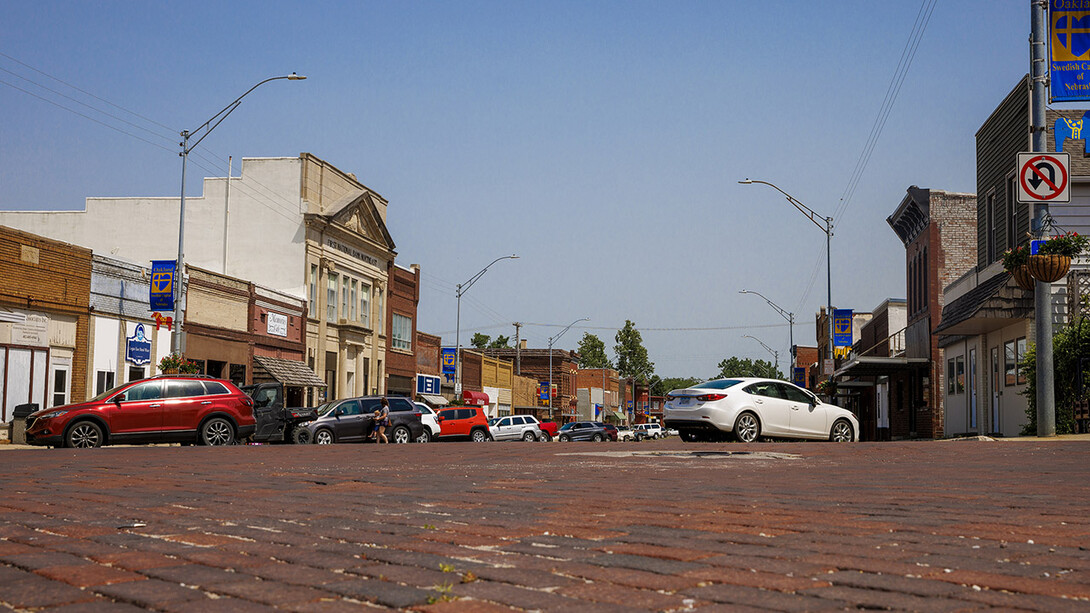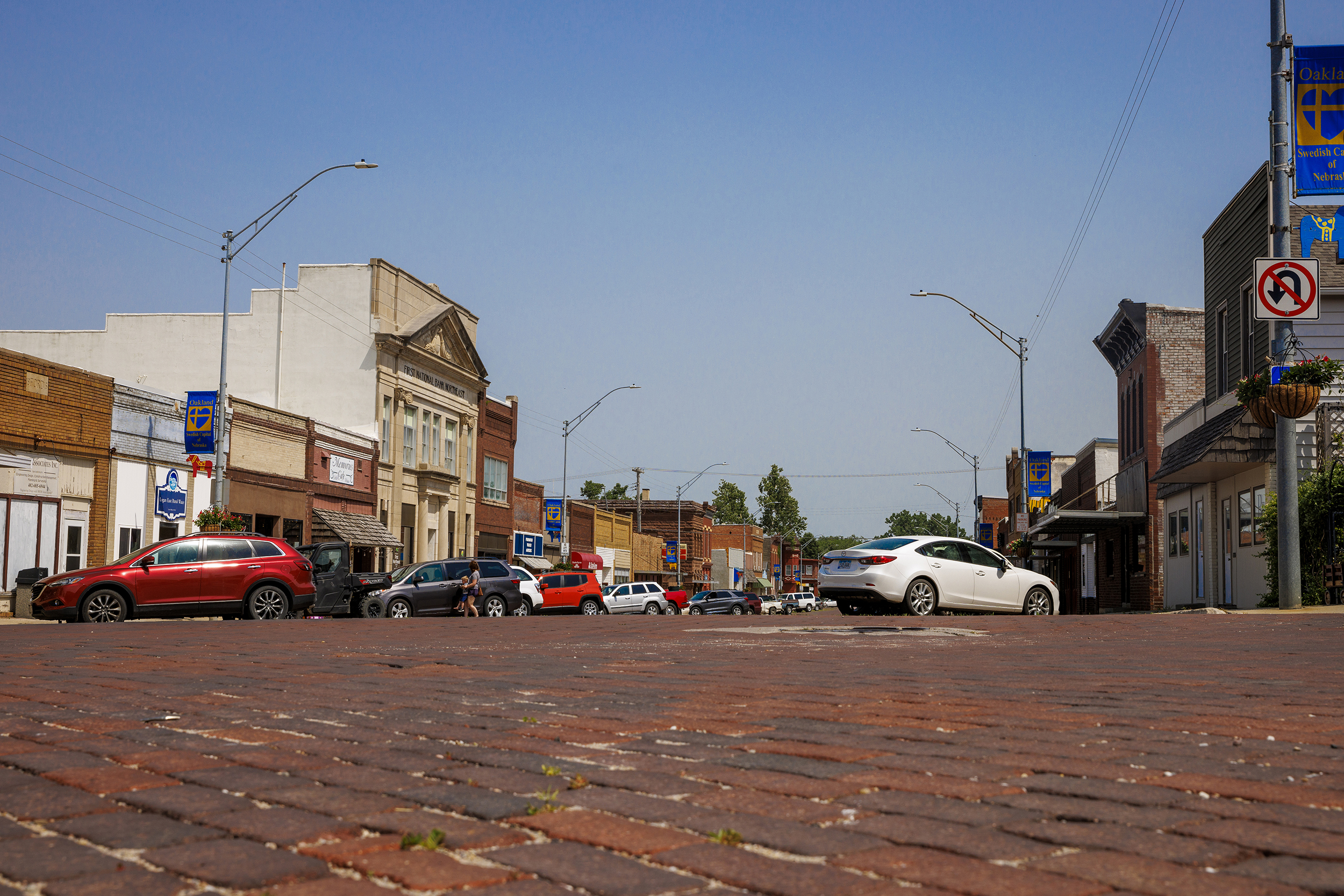
Rural Nebraskans are not optimistic about the economy in the next year, according to the 2022 Nebraska Rural Poll.
When asked in late spring and summer about their expectations for various economic items in the next year, most rural Nebraskans surveyed believe the following will become worse: inflation (87%), gasoline or fuel prices (87%), grocery prices (86%) and interest rates (85%). In fact, more than four in 10 respondents believe fuel prices, inflation, grocery prices and health care costs will become much worse in the next 12 months.
The annual poll surveys rural Nebraskans on their views and opinions on various local, state and national issues, as well as their quality of life and access to services. Questionnaires were mailed to 6,102 households in Nebraska in May and June, with 1,105 households representing 86 of the state’s 93 counties responding. In its 27th year, the 2022 Rural Poll focused on the state’s economy and other issues, said Becky Vogt, the poll’s manager.
According to the Federal Reserve Bank of Kansas City, economic growth in Nebraska was steady in early 2022. However, with an increase in inflation, the impact on household budgets and businesses presents some concerns for Nebraskans.
This concern is reflected in the less-than-optimistic perspective regarding the economy over the next 12 months. This is significant because residents’ expectations can impact the economic success of their communities, said Steve Schulz, associate professor of supply chain management at the University of Nebraska at Omaha.
“Optimism and hope improve perceptions of successful businesses in rural communities and the ability to attract new companies in the future,” he said.
The questionnaire focused on Nebraska’s economy, from basic economic status to employment characteristics. Overall, 43% of rural Nebraskans surveyed believe their personal financial situation will become worse or much worse during the next year. More than six in 10 respondents with household incomes under $40,000 think their personal financial situation will become worse, compared to just over a quarter of those with the highest household incomes ($100,000 or more).
“This finding is likely because lower-income households spend more of their disposable income on basic goods, such as food, gas and housing, and these are items that are particularly prone to the current round of inflation,” said Brad Lubben, extension associate professor of agricultural economics at the University of Nebraska–Lincoln. “While folks may feel confident about their job security given workforce challenges and low unemployment, they are concerned that the living costs are currently rising faster than their compensation.”
That said, few rural Nebraskans surveyed are making or considering employment changes, with only three in 20 respondents actively seeking a better-paying job.
While many rural Nebraskans are not looking to change careers, they still place a significant value on employment characteristics. Characteristics that workers value include a focus on feeling valued; the type of work; safety; autonomy; and opportunities to advance or improve.
“Connecting to our work and valuing it is a part of our culture as Nebraskans,” said Cheryl Burkhart-Kriesel, an associate professor and extension specialist at the Panhandle Research and Extension Center in Scottsbluff. “I think it is in our DNA. You see this historically through our low unemployment rates and our propensity toward multiple job holdings.”
The Rural Poll is the largest annual poll gauging rural Nebraskans’ perceptions about policy and quality of life. The margin of error is plus-or-minus 3%. The University of Nebraska–Lincoln’s Department of Agricultural Economics conducts the poll with funding from Rural Prosperity Nebraska and the Institute of Agriculture and Natural Resources. Read the full report.








